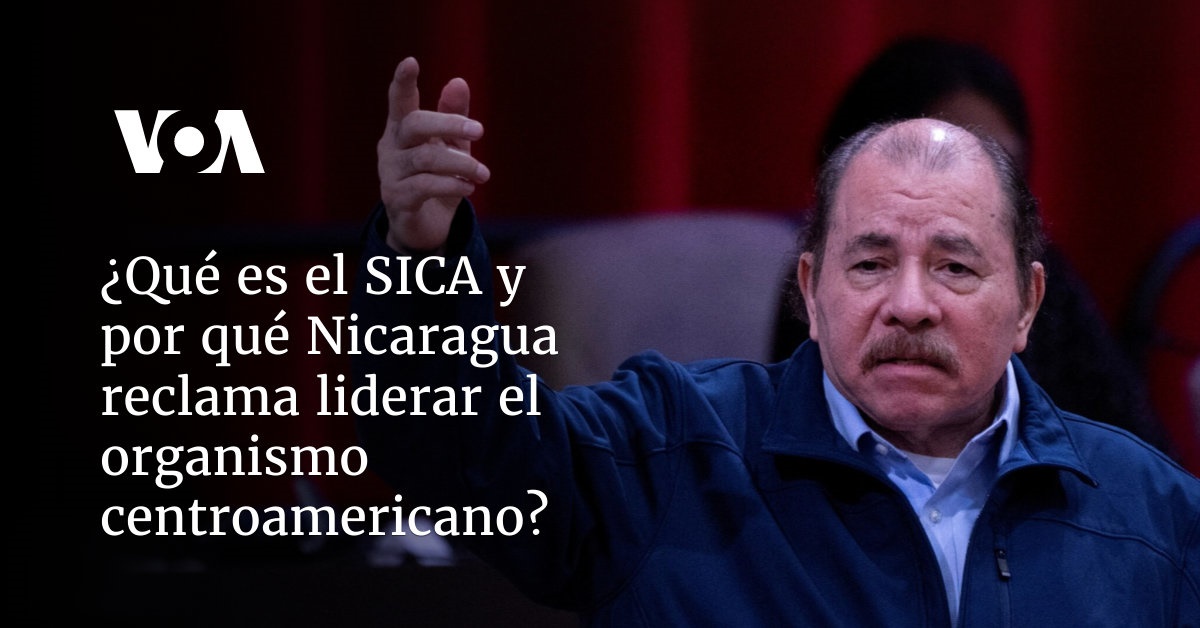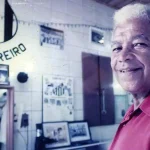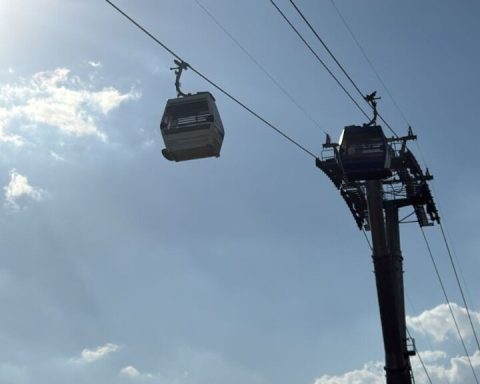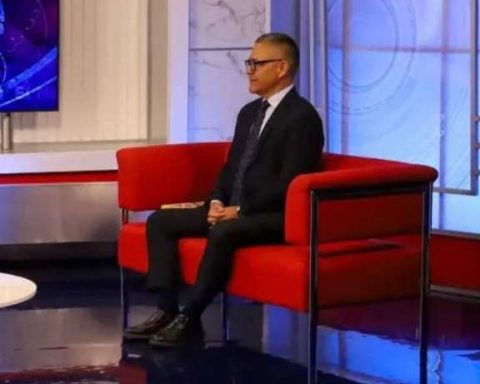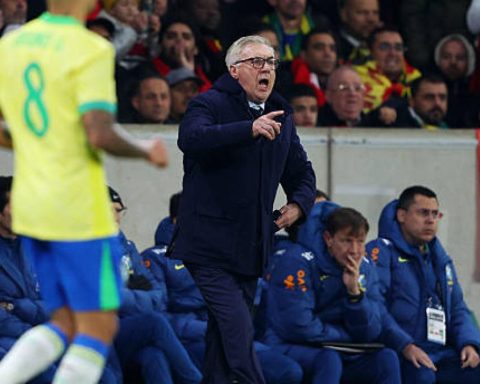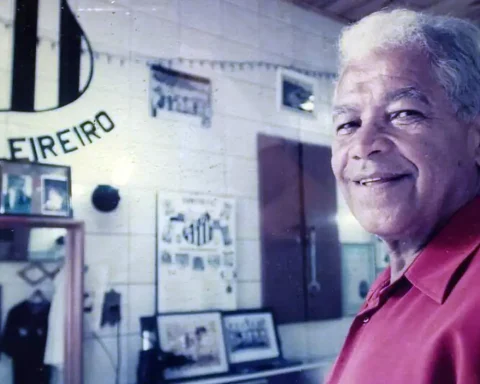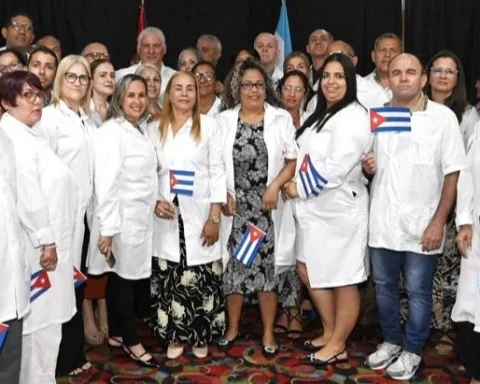The Central American Integration System (SICA) has been without its highest authority since November 2023. Until now, member countries such as Guatemala, Honduras, El Salvador, Costa Rica, among others, have not agreed to appoint a secretary general to lead the regional organization.
Although the presidency is temporarily occupied by Honduras, Nicaragua is the country that should lead the general secretariat for the period 2022-2026, and is already claiming his turn after having unsuccessfully proposed three candidates.
SICA was created in 1991 to achieve economic and social unity in the region, consolidate democracy and establish a new regional security model, among other goals. But this institution has been without a representative to lead these initiatives for months and some are already calling the organization “moribund.”
Honduras, under President Xiomara Castro, has been dedicated to seeking consensus in the region to reactivate SICA. A week ago, Castro made an express visit to Guatemala and Costa Rica to seek consensus on the reactivation of the organization. She has also called a meeting of presidents of the region before the end of June, in Tegucigalpa, where the appointment of the next secretary would be discussed.
But, according to a letter signed on June 11 by the Nicaraguan foreign minister, Denis Moncada, the institutionality of SICA is only restored “with the corresponding appointment of the Secretary General of SICA, a right that corresponds to Nicaragua.”
For international relations specialist Napoleón Campos, it is extremely striking that the government of Daniel Ortega, which sought to distance itself from SICA in that letter due to the delay in the appointment of the secretary, today seeks to maintain its place not only in this secretariat but also in the presidency of the organization.
“Ortega wants to revitalize his presidency pro tempore SICA wants to revitalize his turn to hold the General Secretariat, a secretariat that he had kept discarded because he simply did not see interest in it and today he does seem to have interest. That is extremely striking,” he told the Voice of America.
None of the three candidates proposed by Ortega has yet been accepted as SICA’s general secretary. Among the candidates is Valdrack Jaentschke, a political operator for Ortega.
Part of Ortega’s agenda at the head of SICA is to admit China and Russia as observer states in the organization and expel Taiwan, a country that Nicaragua considers “a military base of the United States.”
Between March and April 2023, Guatemala and Costa Rica rejected Nicaragua’s proposal to incorporate Russia as an observer country in SICA. One of the reasons why the proposal was not accepted is related to Russia’s role in the war against Ukraine, and why today, Vladimir Putin is wanted under arrest by the International Criminal Court due to war crimes committed in the framework of that war.
“Now it turns out that these countries are friends of the Central American governments. (…) With this lack of respect for internal law, it is impossible not to violate international law. The de facto regimes of Nicaragua and El Salvador, accused of violating the Constitution of their countries, are now shaking hands with these allies,” Campos added.
Currently, SICA operates only for internal administrative purposes. However, for it to work or make a statement on any subject, all member states must agree.
For political analyst Carlos García, SICA is the only organization left for Daniel Ortega to avoid being isolated in the region.
“SICA is the only way left for Ortega, he no longer has the OAS. The last thing Ortega has left at the multilateral level is SICA, and it is also the period in which the pro tempore presidency and the general secretary for Nicaragua coincide,” he told the VOA.
Connect with the Voice of America! Subscribe to our channels Youtube, WhatsApp and to newsletter. Turn on notifications and follow us on Facebook, X and Instagram.
